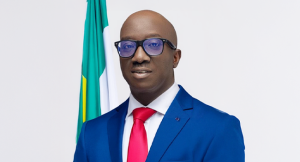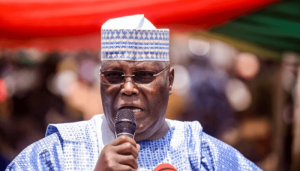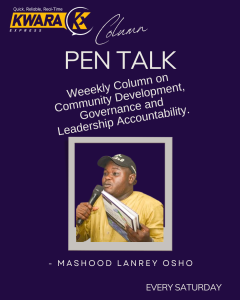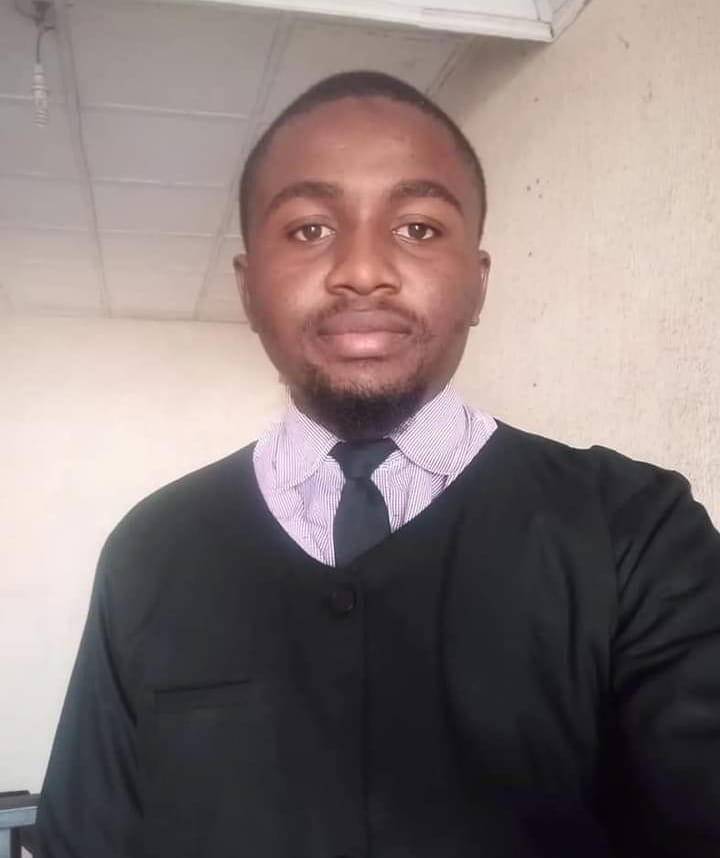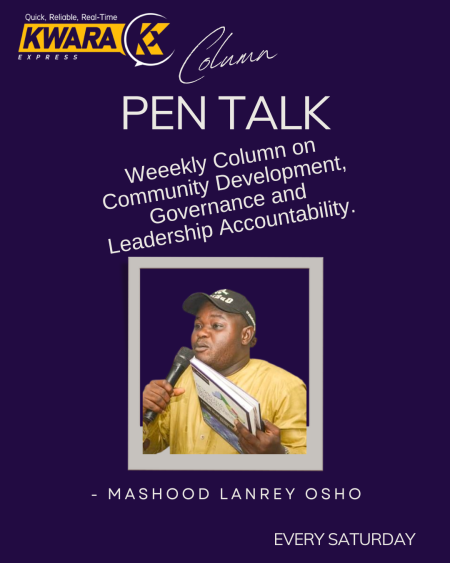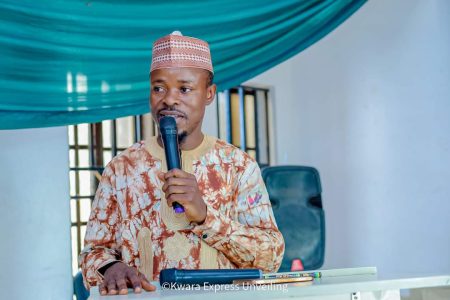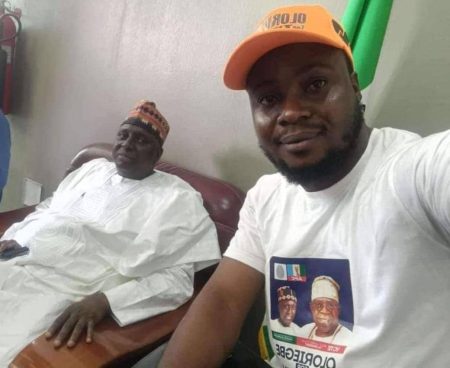By Abdulbāsit Mahmood Adewole Esq
The primary responsibility of any serious government is to ensure that its citizens receive a quality and affordable education, a vital tool for empowerment in the modern world. Unfortunately, the rising tuition fees hinder access, especially for low-income families.
Currently, it is an immense challenge—if not outright impossible—for salaried workers in Nigeria to afford education, even for the children of the very lecturers who teach at these institutions. Are we to assume that the government intends to exclude the majority from accessing education?
The situation is further compounded by delays in bursary payments from state governments, which are often inadequate when they do occur. This leaves countless students and their families in dire financial straits. Additionally, many government employees find themselves waiting for months to receive their salaries, raising the question: how can they support their families under such conditions?
As a young person reflecting on my own experiences, I can assert that just a few years ago, the highest tuition fee I paid as an undergraduate studying Law at a Nigerian federal university was N48,000. Unfortunately, this is no longer the case for current and incoming students across all levels of education, particularly in higher institutions. Education is increasingly becoming a luxury accessible only to the wealthy and their offspring.
It is worth noting that many of the affluent individuals currently in power benefited from free education during their own formative years, courtesy of past Nigerian governments that prioritized the nation’s welfare over personal gain. The very people who have gained from our votes and support are now the ones perpetuating this cycle of neglect. Instead of honoring their obligations to improve the nation for everyone, they choose to subject us to further hardship and ridicule.
The root cause of the educational crisis in Nigeria is glaringly clear: pervasive corruption and rampant self-interest among those in positions of authority. This troubling trend is not unique to Nigeria; it permeates many African nations, undermining the very fabric of political life. Those in power often regard their subordinates as mere tools for personal enrichment, rather than as integral members of society. Instead of tackling the urgent challenges faced by citizens, the government seems to aggravate these issues, forgetting that ill-gotten wealth will ultimately abandon its holders, especially in the face of mortality.
Islamic teachings underscore the right to education as a fundamental duty, advocating for collective action towards moral governance that ensures equitable opportunities for all. As Allah witnesses these injustices, accountability looms for those who shirk their responsibilities. Even if they evade punishment in this world due to their unrepentant and callous attitudes towards the populace they govern, the truth of their actions will be revealed on the Day of Judgment and they shall receive their deserved recompense.
To create a more equitable society where every citizen has a chance to thrive, we must come together with a shared commitment to moral governance. For years, those who have led us into this predicament are often individuals we either know personally or are directly connected to us. It begs the question: why do we not choose leaders who possess genuine and patriotic agendas for our country? Many of us are enslaved by our immediate desires and forget the future when making critical decisions during elections. This is the reality we face—we have become our own adversaries.
In light of these pressing challenges, it is imperative that we embrace the positive change we wish to see in ourselves and our society. We must cultivate a mindset that prioritizes integrity and accountability over personal gain.
We humbly seek divine intervention to guide our leaders to act with integrity and compassion, and grant us the vision to choose wisely and work collectively towards a prosperous Nigeria where education flourishes and every citizen can thrive. Ameen.



